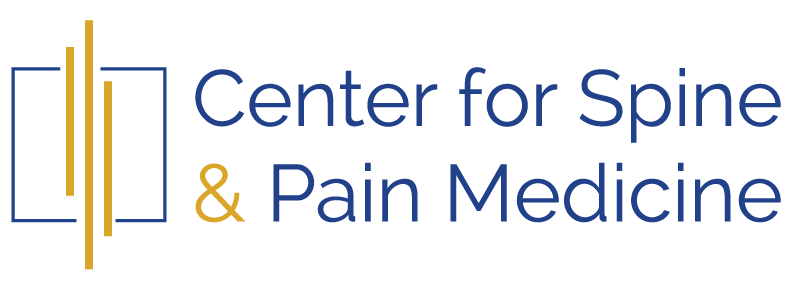Spondylosis may also be referred to as spinal arthritis. It’s easily defined as a degeneration of the spine at any level – most commonly due to the effects of aging. Because every part of our spine is used every day, and in some situations overused, degeneration is more likely the older we get.
The vertebral discs that lay between each vertebrae and absorb shock and enhance stability are often the first parts of the spine to undergo the effects of degeneration. With age, the discs lose their rubbery, elastic like quality and begin to dry out. When discs are not working properly, more stress is placed on the facet joints between the vertebrae, as well as surrounding ligaments.
As the structures of the spine continually weaken and degenerate, the vertebrae become more mobile – which means they may begin to shift out of proper alignment. Without the support of discs or properly working facet joints, the bones may begin to rub one against each other – which may result in bone spurs.




